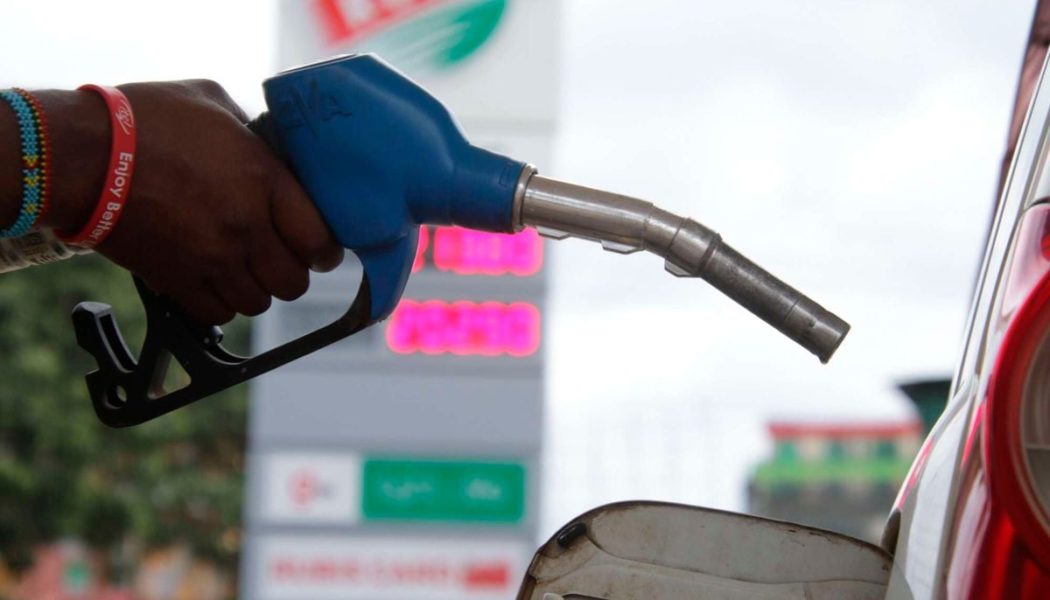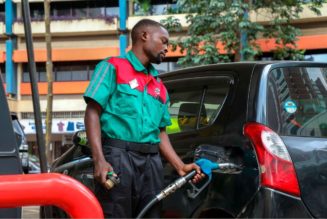
Two private consultants have recommended that the government sets a ceiling on margins enjoyed by wholesalers in the fuel business in Kenya as part of a strategy to tame stockouts and run-away consumer prices.
UK-based Channoil Consulting Ltd and Nairobi-based Kurrent Technologies Ltd said the recommendation would address the high and unregulated margin by petroleum wholesalers which outpriced last-mile retailers resulting in periodic stockouts of petroleum products in far-flung areas.
Wholesalers in the fuel value chain in Kenya source refined imported petroleum products in bulk from the Kipevu Oil Storage Facility in Mombasa, and thereafter take them to their own independent depots before contracting transporters to deliver the product to retail outlets for re-sale.
“By institutionalising the publication and regulation of wholesale margins, this could foster a more transparent and equitable market environment, ensuring that rural and underserved areas receive consistent and fairly priced petroleum products”, the two consultants contracted by the Energy and Petroleum Regulatory Authority (Epra) said in a joint report.
If this proposal in adopted, it means the Epra could resume setting the maximum wholesale margins the same way it does with maximum retail margins in its monthly pump price review.
The consultants indicate that adoption of this recommendation will require an amendment to the Petroleum Pricing Regulations of 2022 mandating Epra to prescribe the ceiling for wholesale margins the same way it does for retail.
“To enhance regulatory oversight and fair pricing practices, it might be necessary to amend the Petroleum Pricing Regulations 2022.Specifically, these amendments should include provisions mandating the publication and regulation of wholesale margins. Such provisions would establish a ceiling price that wholesale prices cannot exceed while still permitting discounts below the ceiling,” the consultants said in their report.
Regulation 3(1) of the Petroleum Pricing Regulations 2022 provides that “The authority shall determine and publish the maximum wholesale and retail prices of petroleum products on the 14th day of every calendar month”.
The State lifted caps on wholesale prices of fuel prices about two years following introduction of subsidy on pump prices to deal with public anger owing to runaway prices.
Industry records showed that wholesale prices of fuel had over the years traditionally been up to Sh8 less per litre than retail prices of super and diesel, allowing small players to enjoy margins on sales and stay competitive.
The introduction of subsidy on pump prices however saw Epra stop caps on wholesale prices of fuel inconveniencing small dealers.
The withdrawal of the ceilings on wholesale prices came amid cash-flow challenges for oil dealers due to delayed compensation from the State, and lower exchange rates of the dollar used to refund them compared to rates of buying the greenback from commercial banks.
The removal of the caps on wholesale price margins meant that small independent dealers have been left to negotiate wholesale prices with oil majors amid concerns that some of them sourced stocks at set retail prices, pushing them out of business due to limited returns.









